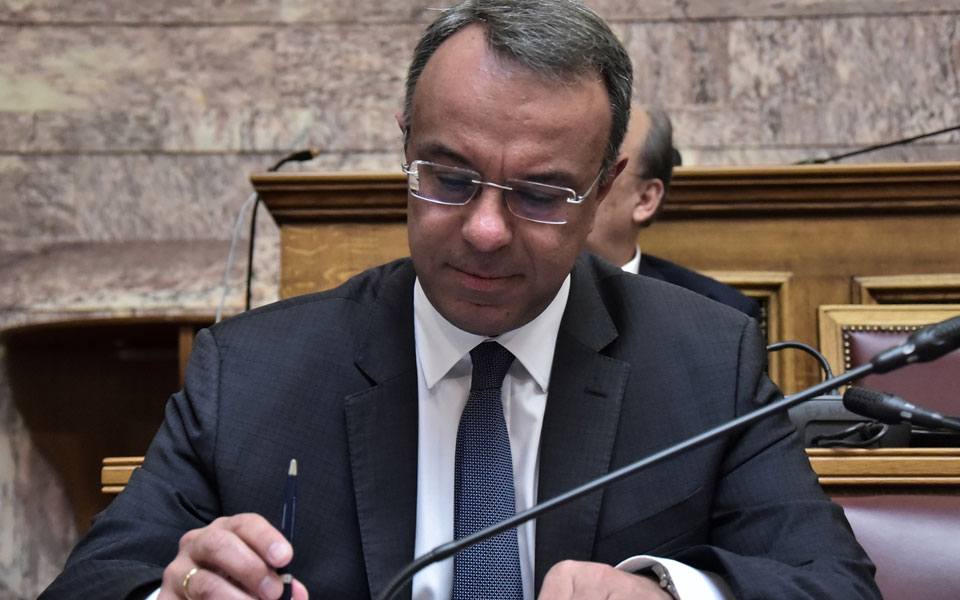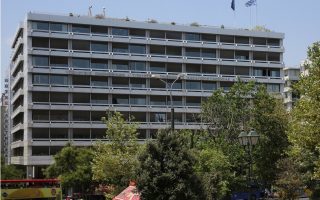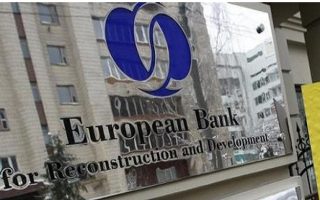State is considering more interventions

The government’s decisions on extending the support of households and businesses in the face of ever growing inflationary pressures will be made in the next few days under the burden of the problems the Elpis weather front left in its wake in the electricity infrastructure and rural production.
Day after day, more factors are added to the equation: The price rise that originally focused on energy products – especially natural gas and electricity – has now spread and is affecting household incomes in many ways. Now there are fears last week’s bad weather will send fresh food prices soaring too.
On top of the expensive gas and power, there is also the jump in the global oil rates, which have now topped $90 per barrel. This shift has already been reflected in pump prices and comes on the back of the power cuts, too, which have not helped market and consumer psychology.
Consequently the government is eager to give its own response as early as this week. The sense created also by government officials’ statements about compensation for the power cuts will be hard to transform into an immediate measure as there are major technical difficulties involved: Grid operator DEDDIE does not know which households suffered power cuts and for how long, as it only has a picture from the medium-voltage lines.
As for any cuts to indirect taxation, the Finance Ministry insists this is not the right time for such an intervention, given that it may not reach the final consumers and the fiscal cost is too high.
So what is left? The possibility of further increasing the energy bill subsidy for households in February remains on the table, even if gas and power prices do not justify that as they have receded this month. The process for the second increase in the minimum salary this year is already under way, and tax cuts are also in the pipeline, though all this will not have an immediate effect on people’s pockets.
Therefore the safe answer lies in support measures: A permanent mechanism for covering the extra expenses from energy product hikes, which will also utilize resources from the energy transition fund and not affect the state budget. Such a mechanism could be ready in one or two months.





